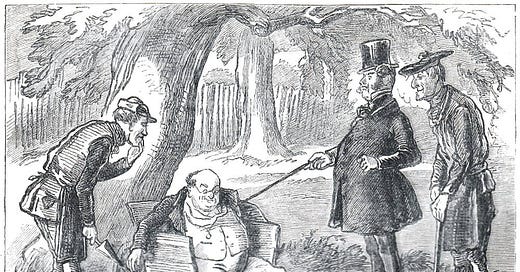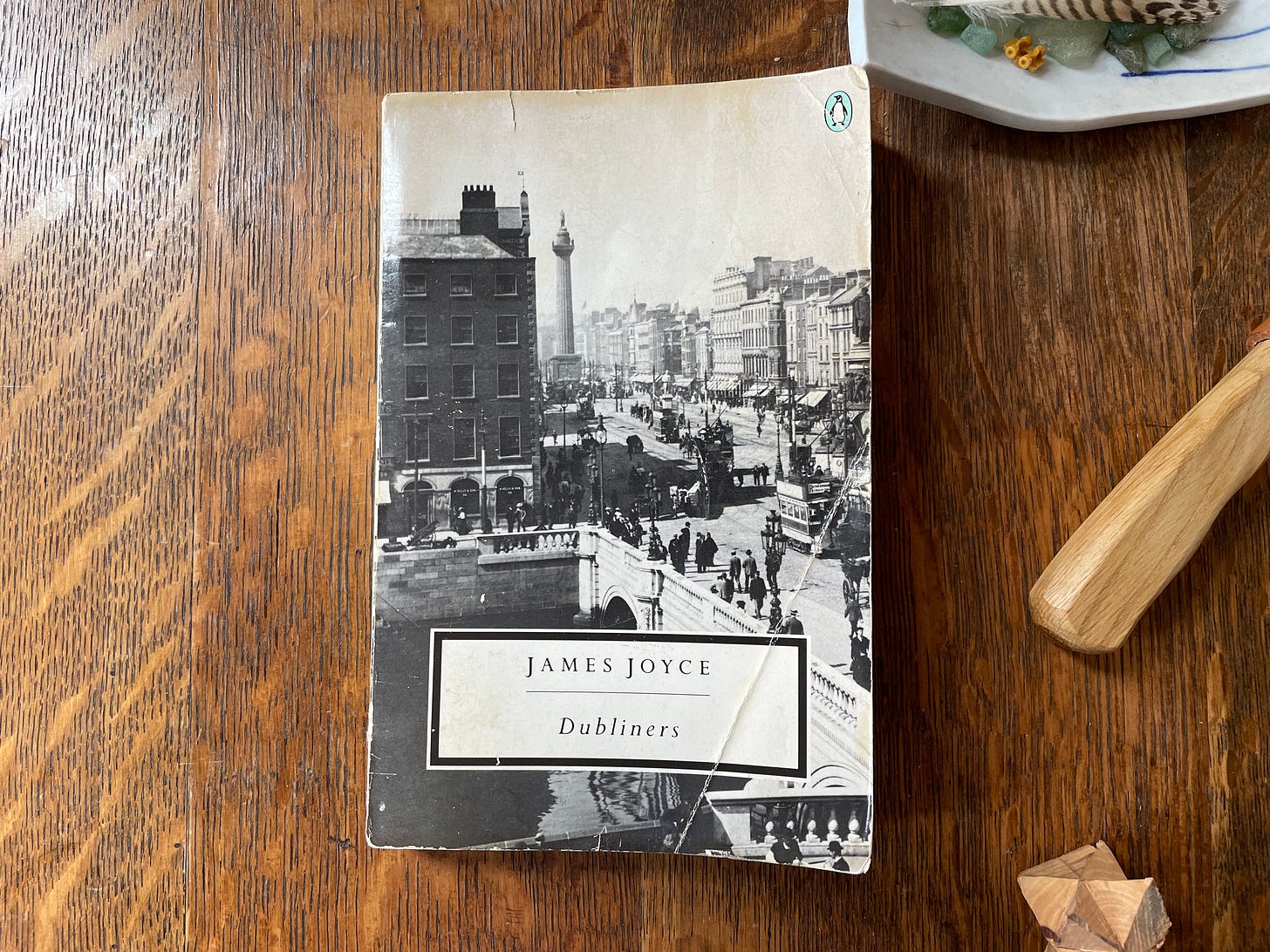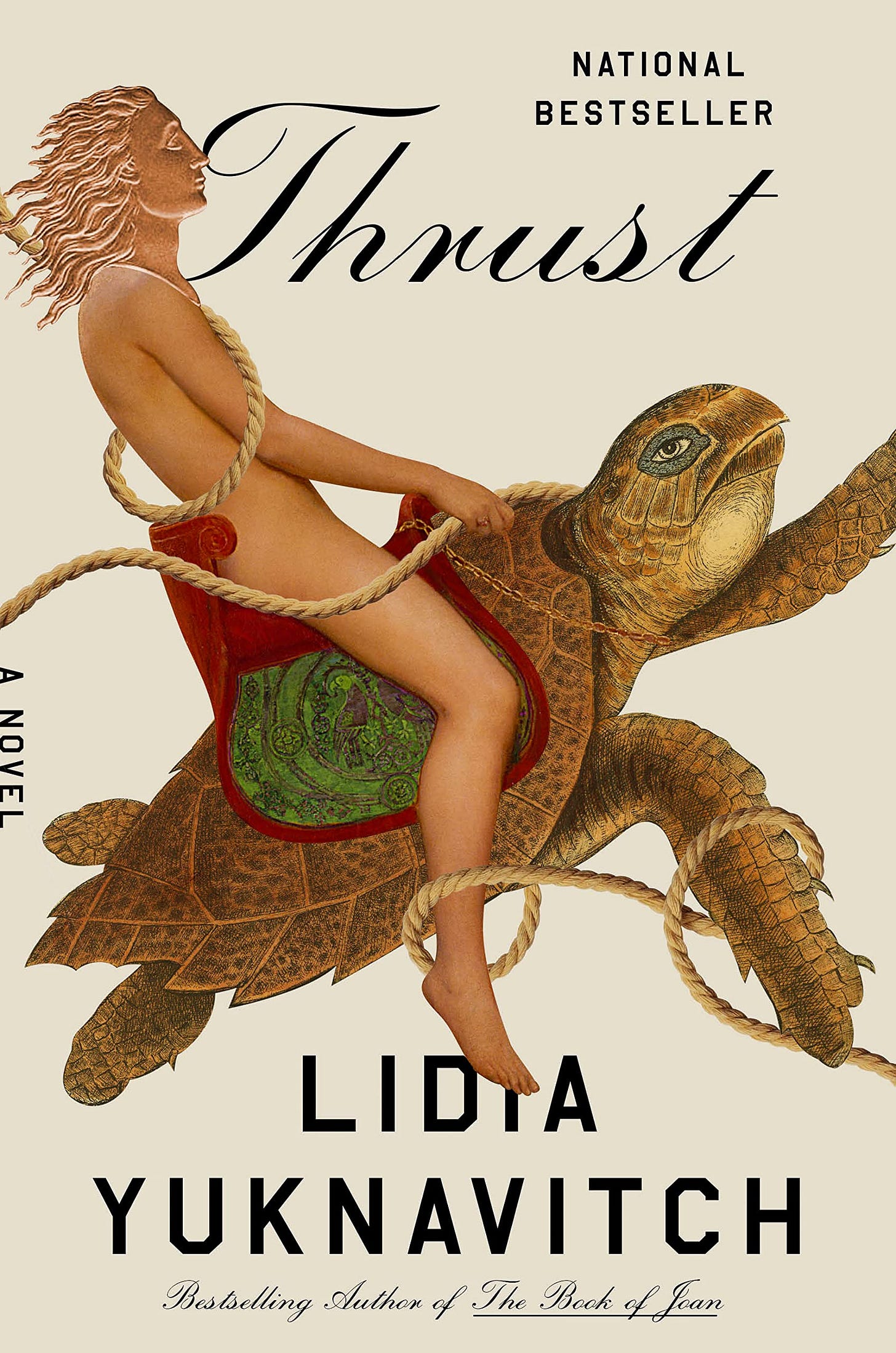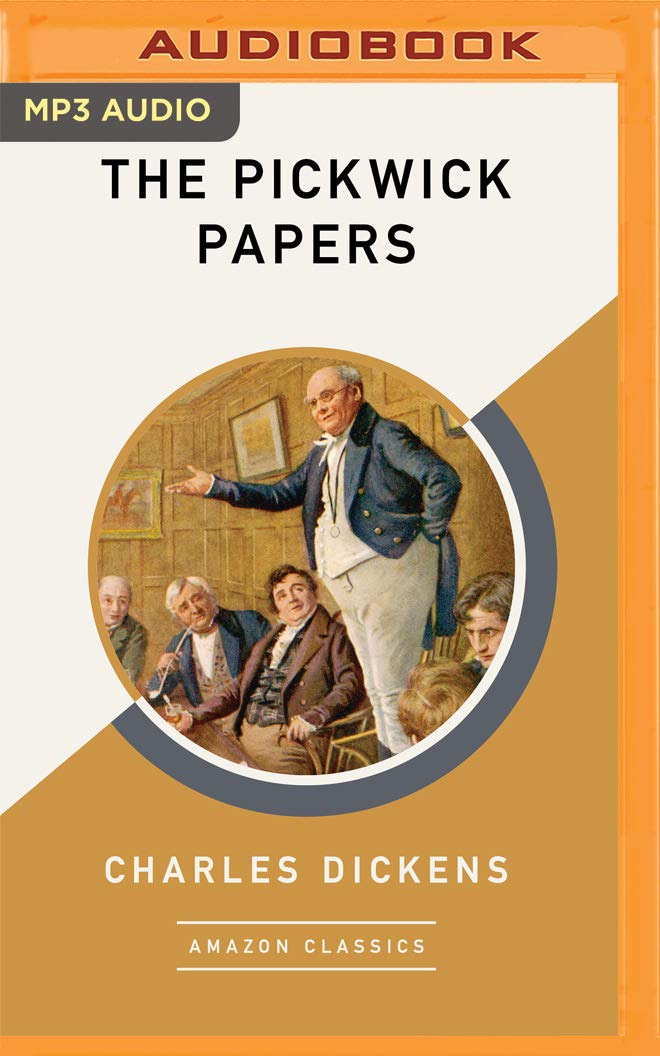Books read:
Dubliners, by James Joyce
Thrust, by Lydia Yuknavitch
Books reading:
The Pickwick Papers, by Charles Dickens
Nights of Plague, by Orhan Pamuk
It’s January, the trees are barren, the water table is high, the nights are long, and the reading list grows. Our house is filled with new books from the holidays — to Hank, an early and avid reader, Christmas has always been synonymous with Bookmas, a holiday in which Michael Powell, dressed in a tasteful cardigan, shimmies through the ductless heat pump and surrounds your tinseled tree with books, books, books . Where most kids would shake the wrapped packages under the tree in search of the hallmark clatter of lego pieces, Hank always searches for the ones that are hard, rectangular, and heavy. Books, please, has always been the Xmas list, full stop. And so we are drowned in books, each December 25th.
On January 1st, Carson and I participated in a private Zoom-reading of James Joyce’s short story “The Dead,” a thing that Leanne Shapton has organized for New Years Day since our first pandemic one in 2021. There were eight other readers (I think) and we all took turns, reading the story aloud, each of us reading two pages at a time. It’s a powerful way to engage with a story, I think, to hear everyone’s own voice in there, in a story that is so filled with voices. Carson had the good fortune to land on that last, gorgeous paragraph. There wasn’t a dry eye in the zoom! If you haven’t read it, I think it’d be worth your time to do so, preferably with a group of people. It’d probably be nice in person, in a room together, with some stout and whiskey, but if you can’t manage that, I can attest that Zoom will suffice.
“The Dead,” of course, is the last story in Joyce’s connected-story collection Dubliners, and it’s a book that I have read many times over the years. My Penguin paperback edition from 1992 is beaten to shit, but I decided to dust it off once again and give it another read. I think maybe the last time I read it was about five or six years ago? Long enough that I feel like I came to the stories with a renewed perspective. It was also interesting to return to Dubliners having embarked on this (somewhat stalled) project of Carson and I reading Ulysses to each other. There are so many shared threads between the two books: the geography of Dublin, obvs, but also a bunch of the characters from Dubliners either appear or are mentioned in Ulysses. It makes sense; the germ of the idea of Ulysses was born out of a story idea intended for Dubliners. The stories are gorgeous in their simplicity, they are mysterious in their straightness. The endings are often abrupt and rarely land with a bang; there’s a lot of puzzling to do, reading Dubliners, if you wish to. Or you can just read the stories and enjoy them as they are: an authentic portrait of Dublin in the early hours of the twentieth century, and the characters that inhabited it.
I lucked out finding Lydia Yuknavitch’s latest novel, Thrust, at the public library — Lydia is a local celeb, and I imagined the waitlist for this book would be ages, so I was pleased to see it there, unclaimed, on the new releases shelf. I read her 2018 novel, The Book of Joan, and loved it — Lydia’s writing is so distinct, she is a force unto herself. There’s nothing boring about her books, ever. They are bizarre and dark and funny. And I can say, as a cis-gendered white hetero male, I tend to be scandalized by the subject matter in her books. Thrust, as you might glean from the title, was no different. It’s an wild and rangy book, and one that doesn’t shy away from its ambitions. It loosely tracks the construction of the Statue of Liberty and the (invented) workers who built it; the book opens, though, on the statue’s submergence in an imagined climate catastrophe. And while I feel like the image of the Statue of Liberty up to her neck in sea water is a little too on the nose for a parable about freedom and climate justice, Lydia defies expectations at every turn throughout the book. There’s a bit of dystopian sci-fi in the book, there’s a time traveling “carrier,” there’s a lot of wild S&M. It’s a proper journey, this book.
As devoted listeners of Houseguest will know, I am five fathoms deep into The Pickwick Papers by Charles Dickens. Reader, I’m thrilled to report that it might be my favorite. How did I not know? I think we are forever being pointed to Dickens’ supposed “great books”: Great Expectations, David Copperfield, and the like — but I don’t think Pickwick gets its due. Maybe because if was his first book? Maybe because it doesn’t really bother tackling big subjects — I mean, it’s mainly a loosely connected series of comic stories. It’s not serious. But it’s so good and so funny! I can see threads leading from these stories to the great British humor writing of the 20th century, through the Jeeves and Wooster books, all the way up to Monty Python. I’m a few hours shy of the end (Simon Vance doing an admirable job performing the audiobook) but will update the Big List once I’ve finished. I’m sure you’re all dying to know: who will be the victor? Will Bleak House retain its top spot? Or will it be unseated by the author’s debut novel? Stay tuned!
How ‘bout you? What book is currently spread out on your chest, the weight lulling you into an afternoon slumber?













Btw - his Beartown series is a really powerful set of books of life in a small town(in Sweden), rape, and hockey...among other things.
I'm currently enjoying The Buried Giant by Kazuo Ishiguro, but I am curious if you've read Piranesi, another book I recently enjoyed, and if so what you thought of it?